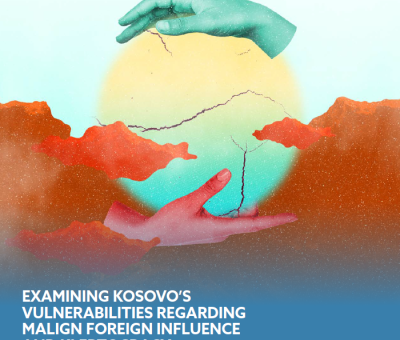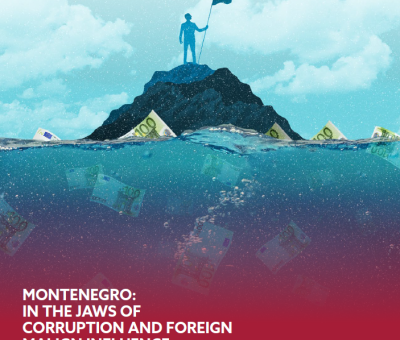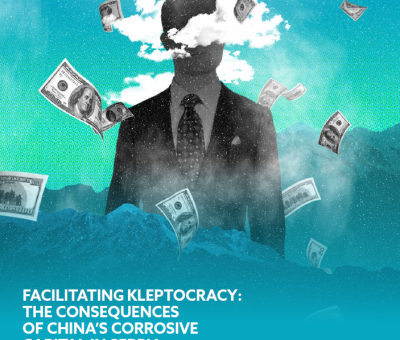Western Balkans Task Force
IRI’s Western Balkans regional program focuses on countering malign foreign influence and extremism, including extreme ethnonationalism and the rise of the far right, in the region. Since its inception in 2016, the Task Force has developed into a key forum for regional discussions among pro-democratic actors and policy makers who seek to improve the region’s democratic future.
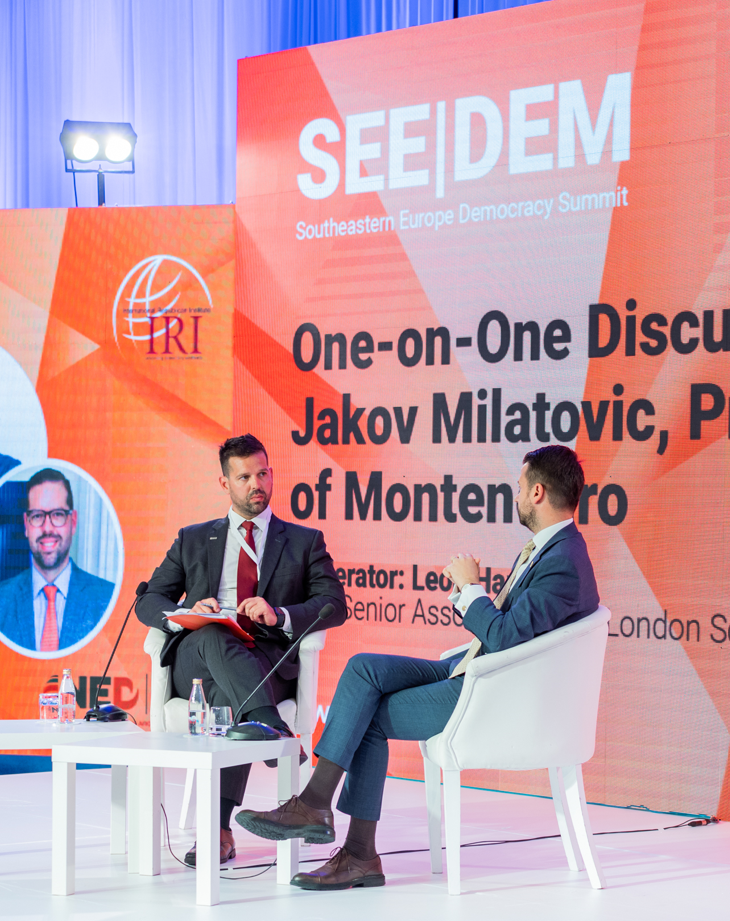
The International Republican Institute’s (IRI) Western Balkans Task Force on Threats to Democracy is a cross-sectoral and multinational coalition focused on assessing and responding to a host of threats that challenge democratic stability in the region. Since 2016, the Task Force has become a leading platform for stakeholders at all levels of government to exchange ideas, learn from cutting-edge research, and improve legislative frameworks.
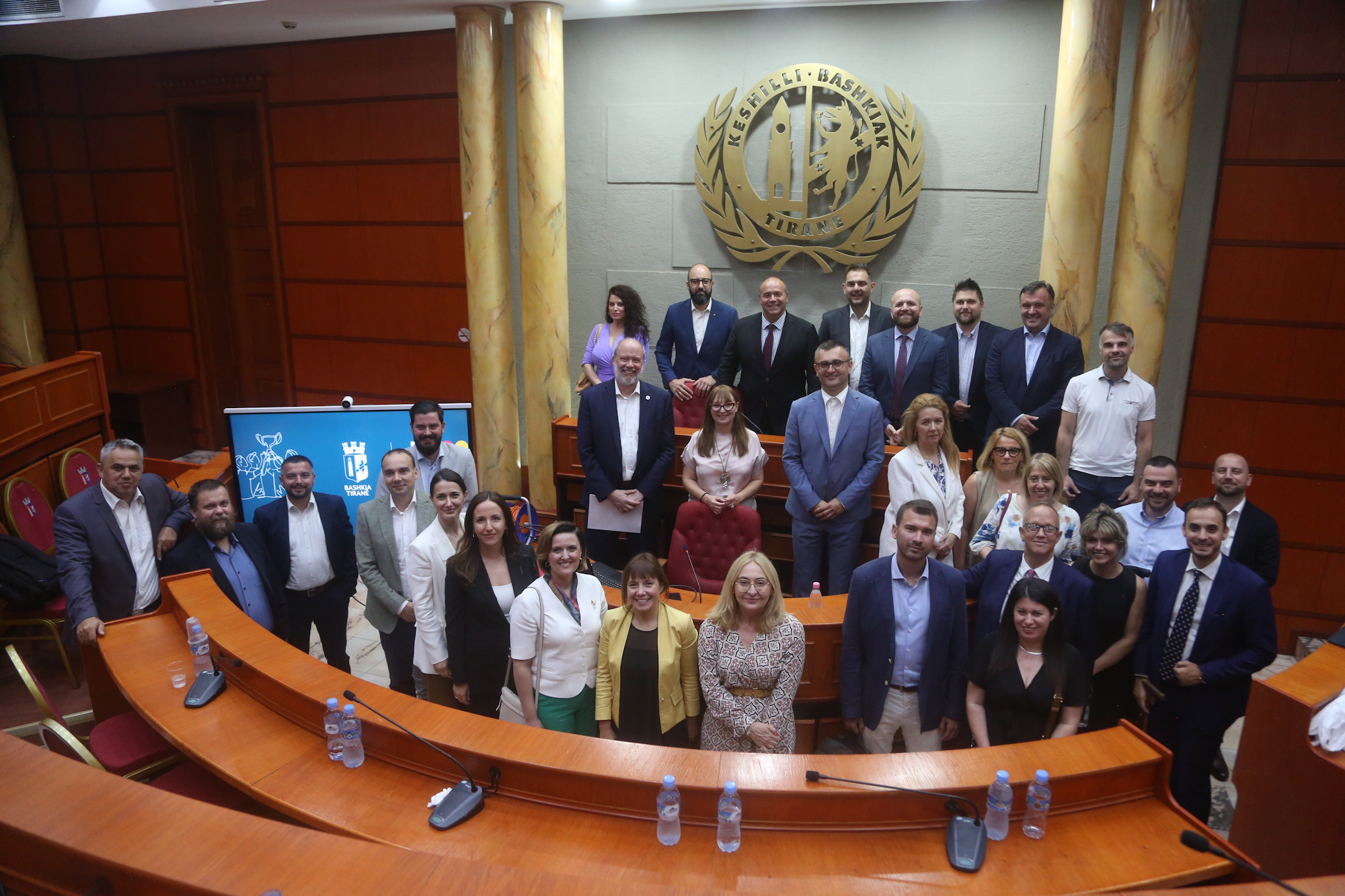
The Task Force meets periodically throughout the year in various Western Balkan locations to develop and advocate for policy recommendations that tackle corruption, foreign malign influence, and far-right extremism. IRI’s efforts to address these regional currents began with the creation of the Task Force, which includes top legislators, academic experts, and civil society leaders, equipped with fresh data from public opinion polling and media monitoring.
Focusing initially on countering violent extremism and disinformation, the Task Force started in Bosnia and Herzegovina (BiH). As one of the first groups to address the nexus between foreign malign influence and violent extremism, the Task Force quickly became a leading resource in the region for democratic actors from a variety of government and non-government sectors. The success of the Task Force model led to subsequent expansions in 2017, 2019, and 2022. The group now consists of over 30 reformist thought leaders from all six Western Balkan countries.
Regional Task Force Events
Leveraging the Task Force network’s expertise and connections throughout the region, IRI has convened multiple regional conferences over the years, ranging from small, closed-door working sessions to large public-facing forums. Task Force conferences are aimed at bringing together international, national, and local-level stakeholders in the security and democracy spaces to discuss shared challenges and to encourage cooperation in increasing democratic resilience.

Task Force Publications
In each of the six Western Balkans countries, the Task Force conducts research, provides expert analysis, and produces concrete policy recommendations for government and elected officials. Most recently, IRI partnered with Task Force experts to publish six policy papers addressing the common challenges of corruption and kleptocracy. The papers explore the complex web of dark money, patronage networks, and foreign investments that present critical vulnerabilities in the democratic systems of the Western Balkans. The authors evaluate the various institutional and legislative frameworks addressing corruption in each country and propose actions to improve the efficacy of anti-corruption efforts.
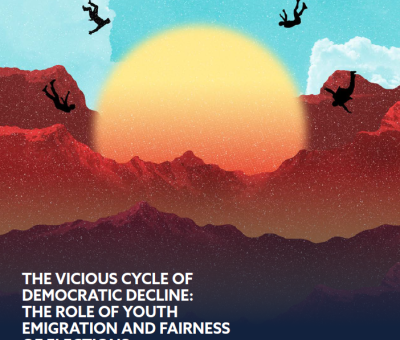
- Resource
- Publication
- Albania
The Vicious Cycle of Democratic Decline
The Role of Youth Emigration and Fairness of Elections
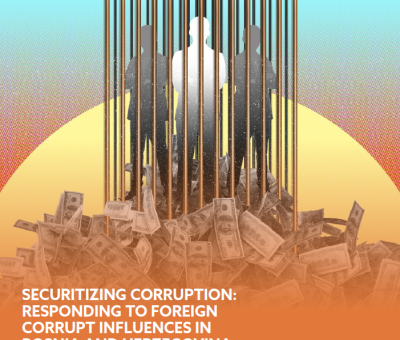
- Resource
- Publication
- Bosnia and Herzegovina
Securitizing Corruption
Responding To Foreign Corrupt influences In Bosnia and Herzegovina
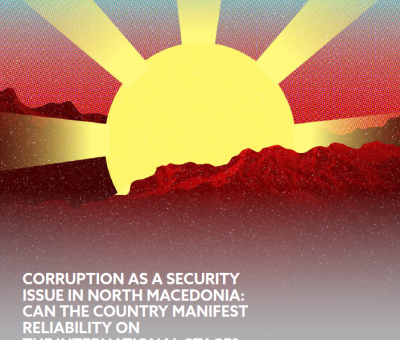
- Resource
- Publication
- North Macedonia
Corruption as a Security Issue in North Macedonia…
Can the Country Manifest Reliability on the International Stage?
Position Paper Authors
- Nedim Hogic, PhD
- Gentian Elezi
- Fabian Zhilla, PhD
- Ramadan Ilazi, PhD
- Donika Elshani
- Zlatko Vujovic, PhD
- Misha Popovikj
- Stefan Vladisavljev

Nedim Hogic, PhD
Bosnia and Herzegovina
Biography
Nedim Hogic, PhD is a legal scholar and corruption researcher. He has advised international organizations, political parties and nongovernmental organizations in democratic peacebuilding and good governance reforms in Southeastern Europe and Central Asia. He holds an LLM from Harvard Law School, a Ph.D. from Sant’Anna School of Advanced Studies and has been an Emile Noel Fellow of the NYU School of Law.
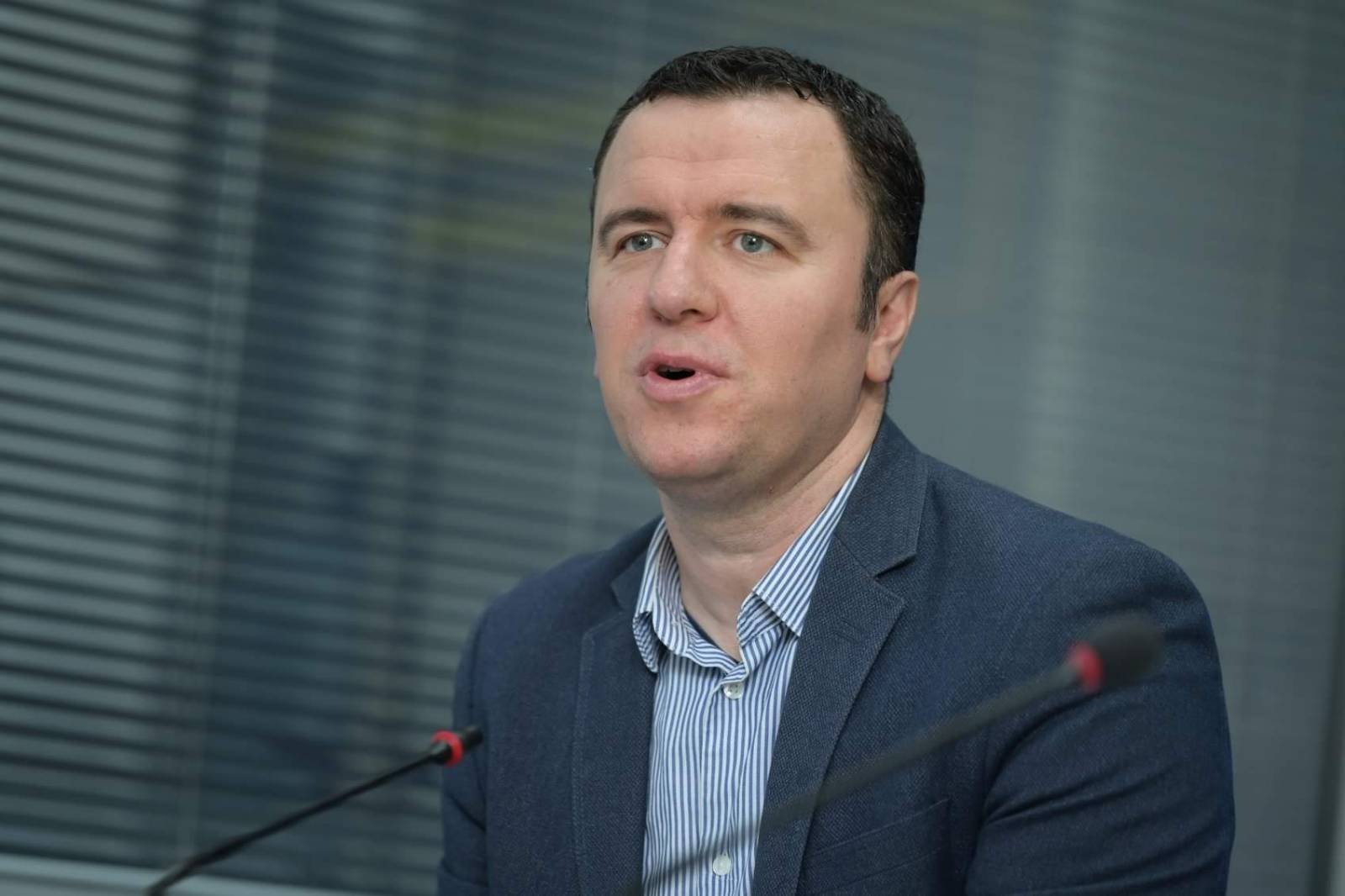
Gentian Elezi
Albania
Biography
Gentian Elezi, PhD is an Associated Professor and Jean Monnet Chair holder at the Institute of European Studies (IES) of the University of Tirana in Albania. He has 15 years of experience in European integration, democratization and institutional reforms, policymaking, and capacity-building. He has been teaching and researching in several universities, including as Visiting Lecturer at the University of Cambridge in the United Kingdom (UK). In addition to his academic background, Elezi has practical experience in this field, having held office as Deputy Minister for European Integration of Albania (2013-2016). He has also worked on policy research in Albanian think-tanks and international organizations as an expert/consultant, team leader, and project manager. Elezi has a PhD and MA in European Politics, both from the University of Sussex (UK), and a BA in Political Science from the University of Milan, in Italy.
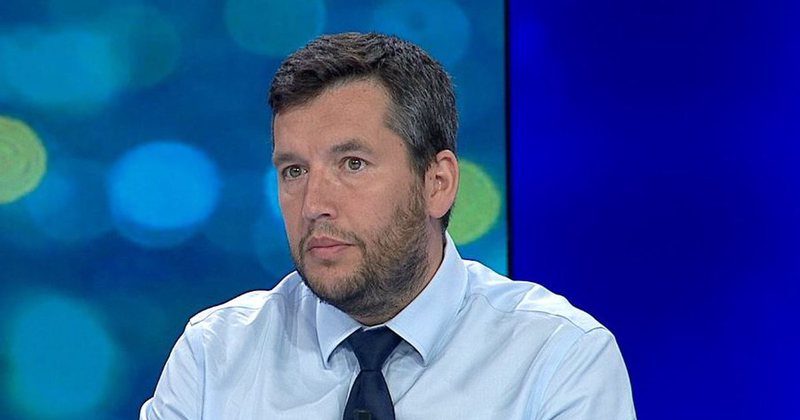
Fabian Zhilla, PhD
Albania
Biography
Fabian Zhilla is a Senior Fellow at the Global Initiative against Transnational Crime and a Lecturer of Law and Ethics at the Canadian Institute of Technology in Tirana, Albania. He received his PhD in Law from King’s College London in 2012 and was previously a Visiting Scholar at Georgetown University and George Washington University. Zhilla was a recipient of both the Fulbright Scholarship and the Chevening Scholarship for his postgraduate studies. In 2017 he was a visiting scholar at the Center for European Studies at Harvard University. As a Fulbright Fellow at the Center for European Studies at Harvard University, Zhilla focused on the impact of the European Union policies in strengthening the rule of law and minimizing judicial corruption in Albania.

Ramadan Ilazi, PhD
Kosovo
Biography
Ramadan Ilazi holds a PhD in Politics and International Relations from Dublin City University (DCU). He currently serves as the Head of Research at the Kosovar Centre for Security Studies (KCSS), overseeing EU Horizon funded research projects. Previously, he worked as the Deputy Minister for European Integration in the Kosovo government from 2015-2016. Ramadan has around 18 years of work experience, and was actively engaged in civil society, policy, and research initiatives. He has also taught graduate and postgraduate courses in Kosovo, including at DCU in Ireland. His upcoming book titled “The European Union and Everyday State building: The Case of Kosovo,” which will be published as part of the Routledge Studies in Statehood series, looks at the factors that shape EU’s agency in state-building interventions.

Donika Elshani
Kosovo
Biography
Donika Elshani is a researcher at the Kosovar Center for Security Studies (KCSS), researching topics that stand at the intersection of politics, security and digital technologies. She holds a Bachelor’s Degree in Political Science from the PPLE College at the University of Amsterdam and a Master’s Degree in “Crisis and Security Management” at the Leiden University in the Hague. Prior to joining KCSS, Donika worked with several local and international civil society organizations, including the Balkan Investigative Reporting Network, the Kosovar Civil Society Foundation and the Balkan Civil Society Development Network in Kosovo, as well as the Global Partnership for the Prevention of Armed Conflict and the T.M.C. Asser Institute in The Hague.
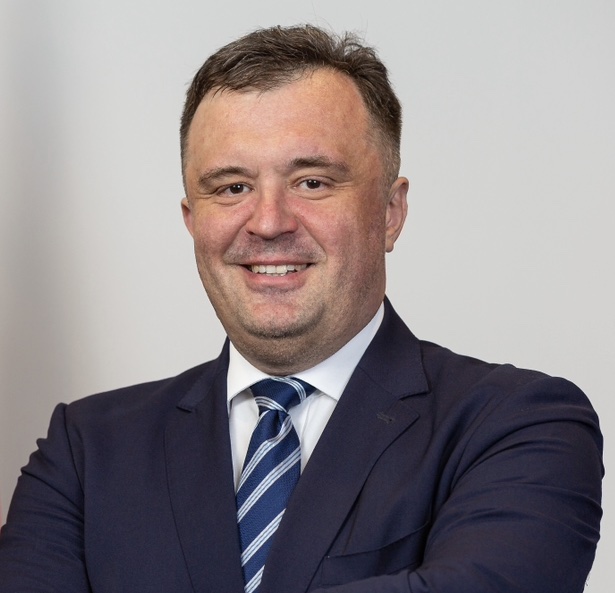
Zlatko Vujovic, PhD
Montenegro
Biography
Zlatko Vujovic, PhD is an Assistant Professor the Faculty of Political Science, University of Podgorica, where he currently also serves are Vice-Dean for Development. He is one of the founders and president of the NGO/think tank Center for Monitoring and Research (CeMI). Vujovic is Executive Director of the European Network of Election Monitoring Organizations (ENEMO) and a member of the Steering Committee of the Global Network of Domestic Election Monitors (GNDEM). Vujovic’s areas of expertise include public policies, electoral systems, public opinion, and anti-corruption research. He coordinated the development of several legislative projects, four of which (Law on Financing of Political Parties (2004), Law on Political Parties (2004), Law on Campaign Financing for the Election of the President of Montenegro, Mayors, and Presidents of Municipalities (2009), and Law on Financing of Political Parties – 2008) were adopted by the Montenegrin Parliament. Vujovic received his PhD from the Faculty of Political Science at the University of Zagreb, specializing in “Comparative Politics” with a focus on “Comparative Public Policy.”
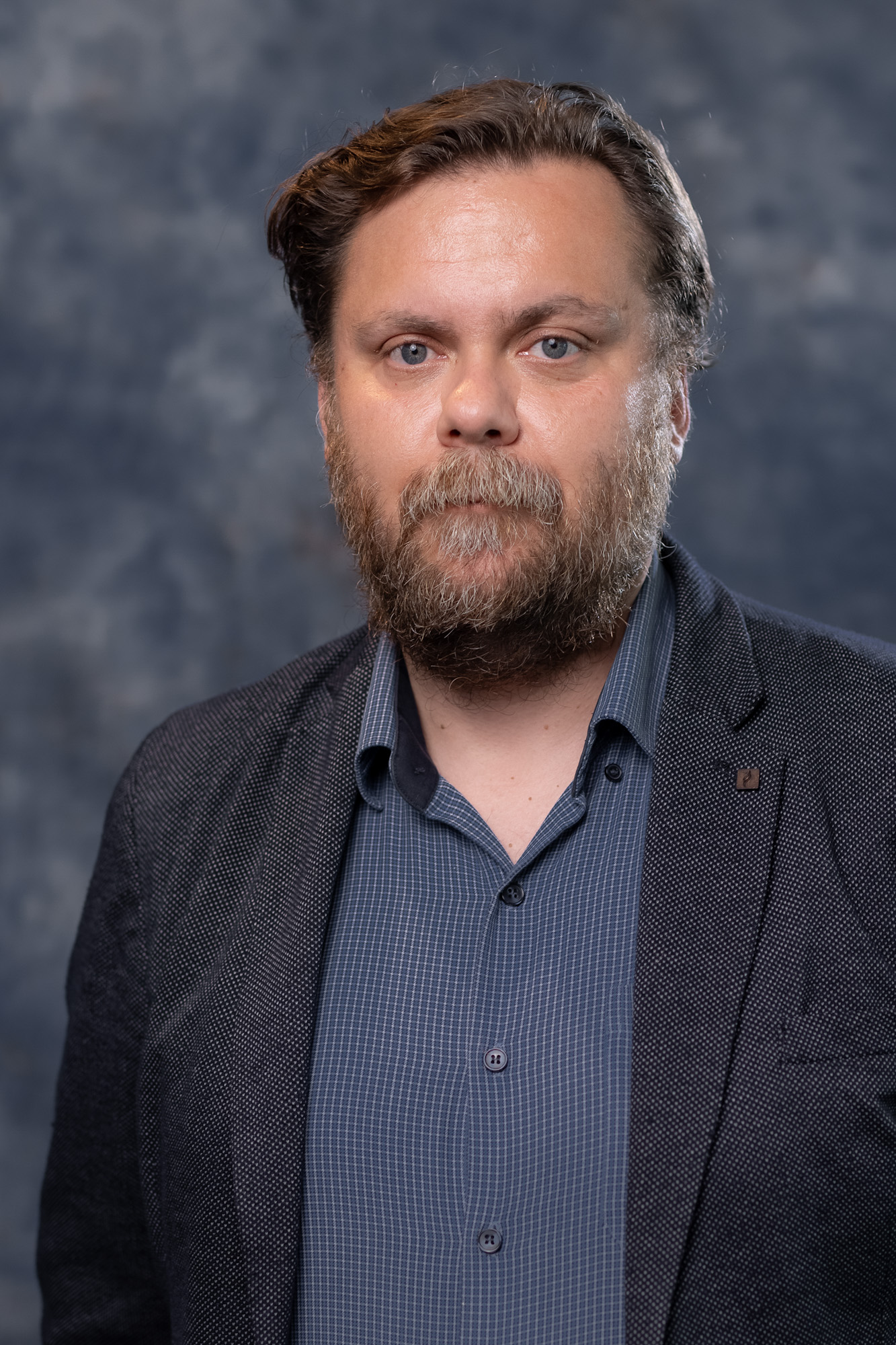
Misha Popovikj
North Macedonia
Biography
Misha Popovikj is the head of the Good Governance Program at the Institute for Democracy ‘Societas Civilis’ in Skopje, North Macedonia. He is the CSO’s Anti-corruption Platform board member in North Macedonia. Popovikj works on facilitating long-term anti-corruption strategies of public bodies and advocates for strengthening their capacities. He holds an MA in Identity, Culture and Power from UCL’s School of Slavonic and East European studies.

Stefan Vladisavljev
Serbia
Biography
Stefan Vladisavljev is a program coordinator at the Belgrade-based Foundation BFPE for a Responsible Society. His research interest is foreign influences in the Western Balkans, with a special focus on the Chinese influence in the region, with Serbia as an outlier. Vladisavljev leads several projects within the scope of his organization that is focusing on examining the impact of Chinese presence in Serbia and the wider Western Balkans region, as well as regional cooperation. Since 2022, he has been coordinating the Balkan Dialogues Initiative on behalf of the BFPE as a program coordinator of the regional cooperation portfolio. He has also been a prolific author, publishing work with outlets like War on the Rocks, Just Security, ECFR, and The Diplomat, among others. Vladisavljev received his Masters of Arts in International Security from the University of Belgrade.
